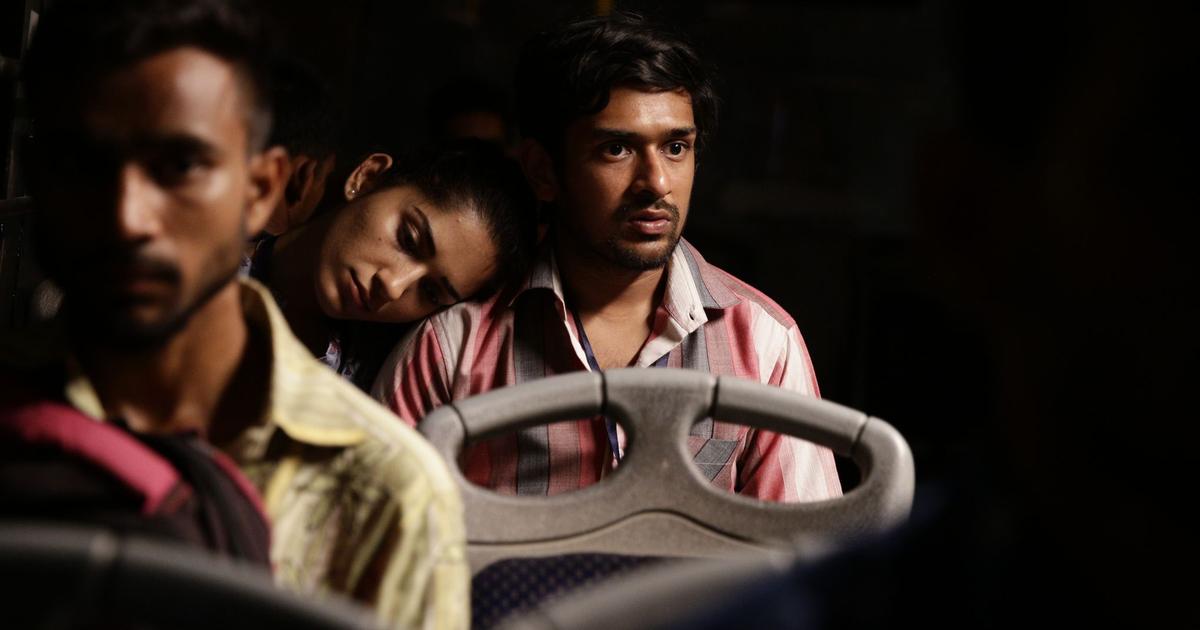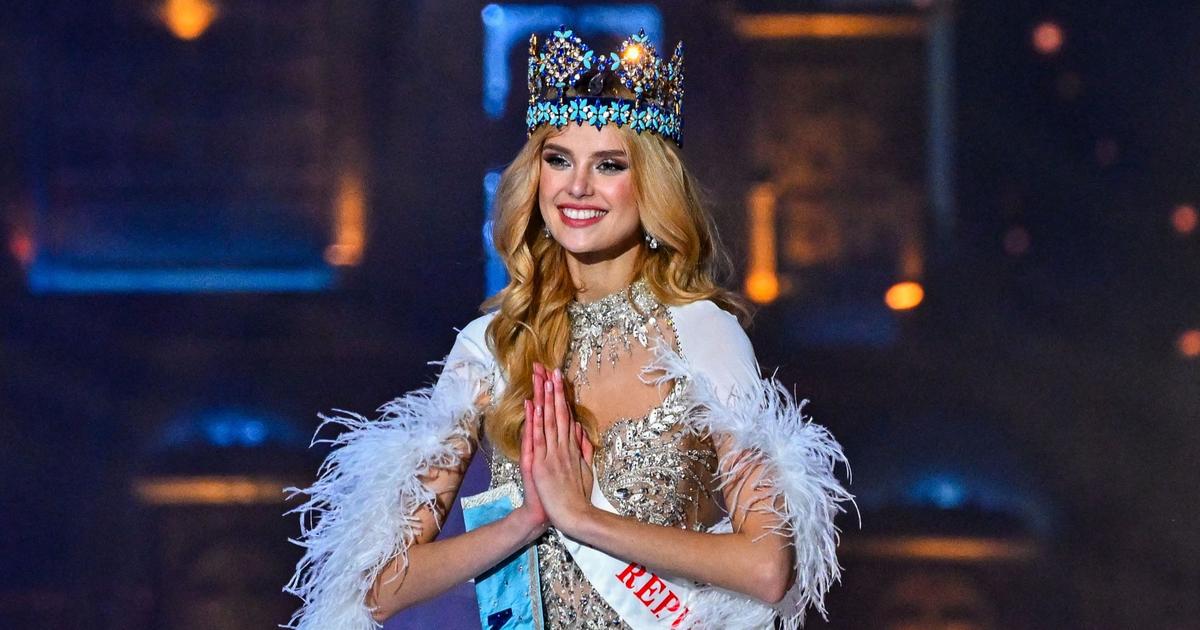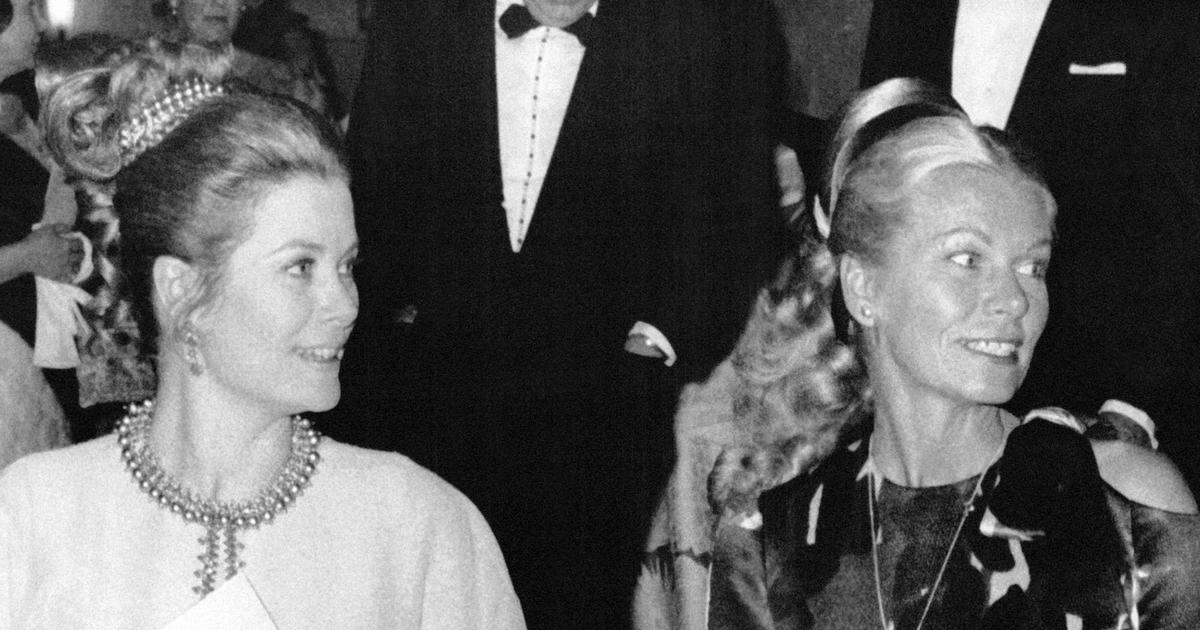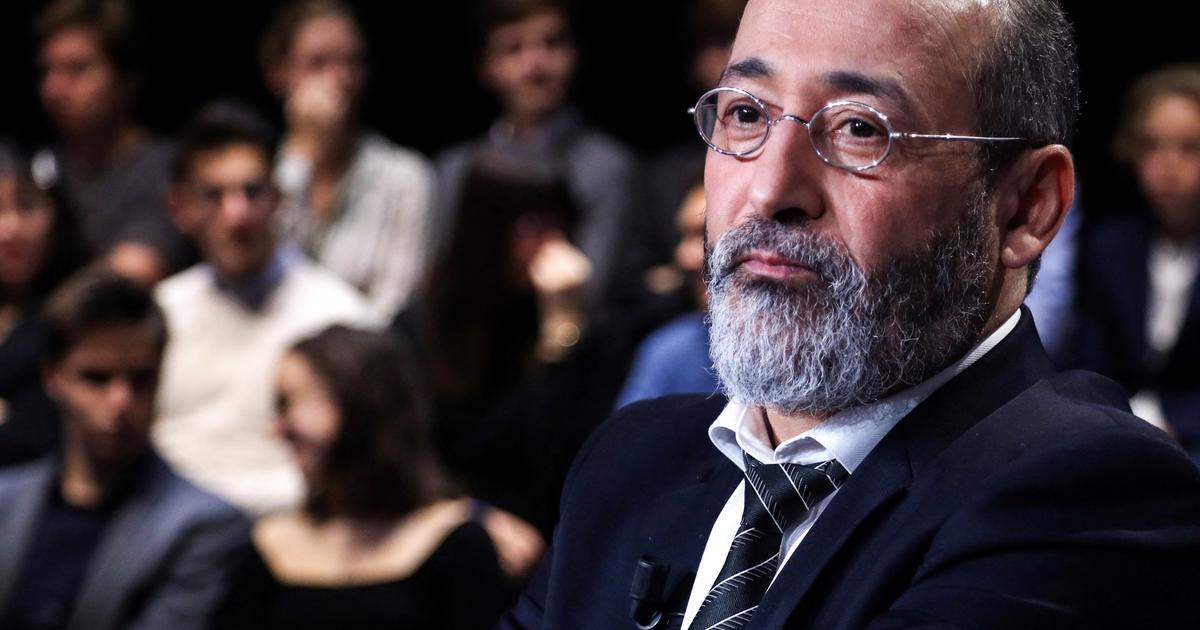It has been seen and not seen. In 2018, Netflix premiered its first series shot in India,
Sacred Games
, the starting point for audiovisual productions never before imagined in the Asian subcontinent. The platforms took advantage of a regulatory vacuum: unlike the rigorously controlled film and television, there was no legislation planned for
streaming
. In about three years, audiovisual fictions have sprung up exploring the gaps in Bollywood's torrential supply: police brutality, the class system, inter-caste conflicts, religious tensions, casual drug use, explicit sex (hetero or LGBTI), the political rot of the world's largest democracy.
It could not last, when the country is presided over by a poisonous nationalist, Narendra Modi. Since this year,
streaming
has been subjected to a range of moral classifications, in addition to being threatened by the prospect of criminal proceedings for those who offend "national sensitivity." Without forgetting the very real intimidation of the mobs, which - remotely controlled by the movement that Modi embodies - can sabotage shootings, boycott companies and much worse actions.
However, there was an "Indian summer", a summer of creativity when filmmakers, scriptwriters, actors, technicians were able to make other narratives, away from the directors with scissors. In many cases, they turned to the fertile local novelists, whose works were considered too complex for Bollywood cinema. Thus,
Sacred games
starts from
Sacred Games
(Random House Literature), the book by Vikram Chandra whose cosmogony some confuse with fantastic realism (in any case, more of Pynchon than of García Márquez). An immersion in a Bombay that oscillates between the sordid and the hallucinatory.
What I was going to. You will not find these series on the home screen of the platforms: you have to look for them. But they are available, by the dozens, in the recesses of Netflix or Prime Video catalogs, including unsuspected gems. They are easily recognized by their saturated colors, actors who tend to overreact, those script twists presented as coincidences and, above all, the naturalness with which their characters jump from Hindi to emphatic English. Notice that they usually require an extra effort: they do not have dubbing and, sometimes, you have to read the subtitles in English.
But better not to complain. They place you in a kind of parallel universe, with mutations of perfectly recognizable television genres: the predictable - worthy policemen forced to hand over their badge and gun - are mixed with disconcerting moments, like the burly hero fleeing in terror from a bad man's bodyguard. This happens in
Paatal Lok
(Prime), where that mature agent from Delhi navigates between family problems and the suspicion that the newly discovered plot to assassinate a repellent television presenter may not be, as his superiors insist, one more evil of the eternal opponent, Pakistan. His travels to Chitrakoot, an impoverished rural district, reveal that there is no such thing as union solidarity in a land dominated by an invisible bandit.
Indian series require frequent use of the rewind button. And the maximum attention to capture those nuances that reveal religious affiliations or belonging to a caste of untouchables. The country may be a powerhouse in computing talent, the
Digital India
of government advertising, but it still kills itself with hammers or artisanal guns made from scrap car stock (a manufacture explained in
Mirzapur
, on Prime). And disgusting ancient rituals are practiced, such as gang rape of an enemy's mother.
One cannot even relax in
Made in Heaven
(Prime), a romantic drama around a company dedicated to organizing lavish weddings for Delhi's middle and upper class. Here if the Bollywood aesthetic is very present in choreography, songs, clothing, decoration. As the characters take lines or argue with the DJ over the music he plays, disturbing subplots unfold that exemplify general hypocrisy, greed, impunity for the powerful, the practice of torture in police stations, the persistence of even superstitions. among cosmopolitan people.
There are reasonable doubts about how much of this iconoclastic breath will survive the current climate of self-censorship.
Thus, Prime Video has given up filming the second season of
Paatal Lok
, despite its enormous success and the fact that its
showrunners
had left enough loose ends.
But the human and professional relationship between the protagonist, a barely devout Hindu, and his Muslim aide, was approaching a taboo zone for Modi's inflamed followers.
Take the opportunity to enjoy the fruits of a few years in which prohibitions were ignored.

/cloudfront-eu-central-1.images.arcpublishing.com/prisa/O3HHD6STTZEDBL7APUVVXBJAK4.jpg)





/cloudfront-eu-central-1.images.arcpublishing.com/prisa/WWSN4CTQZ35RU7PJOCTELQTQ64.jpg)

